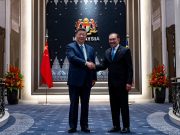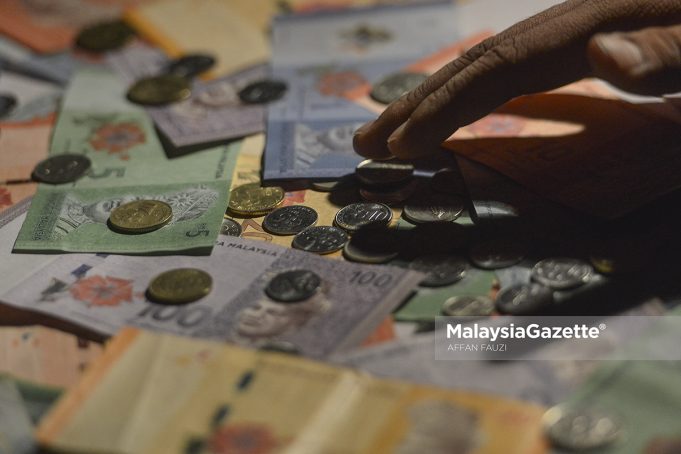The following article is submitted to the editorial of MalaysiaGazette by reader, Adrian Rayqal.
I recently came across the Minggu Saham Digital 2021 which was organised by Permodalan Nasional Berhad (PNB). I found out later that the event was actually the online version of PNB’s well-known Minggu Saham Amanah carnival. Having followed a few of the virtual programmes last week, I applaud PNB’s intention to elevate the level of financial literacy among their customers and the rest of us Malaysians.
This got me thinking about my own level of financial literacy especially having faced the unprecedented event of the Covid-19 pandemic when there were so many uncertainties of what’s to come. Being financial literate is about having sufficient understanding on matters relating to saving, investing and managing debt – knowing enough to make rational and responsible decisions in personal money matters. More importantly, and a key part is having sufficient financial awareness to build an emergency fund. For many of us, the pandemic has taught us how important it is for all of us to manage our financial matters wisely and be prepared for the unexpected. We hear stories about how so many Malaysians are facing financial difficulties during this pandemic, and our lack of financial literacy has contributed to this crisis.
I remember reading with interest the new direction taken by the American education system where they have been pushing to get personal finance education into high schools across the country this year following the pandemic. They have included financial literacy curriculum as part of their syllabus within selected states. I am happy to know that in Malaysia, we also hear the efforts of Bank Negara Malaysia, with the help of a few other financial institutions to include financial literacy programmes at selected primary schools making financial literacy as a core life skill in this modern age. These efforts hope to instil good financial habits and to equip the younger generation with good money management practices.
The pandemic has also accelerated the need to promote financial literacy and with the help of digital technology, information is very much accessible for everyone. The digital technology also encourages individual learning, personalising the learning experience and greatly improves knowledge retention.
Speaking of use of digital technology to expedite financial literacy, I feel compelled to share my experience of virtually attending a few programmes on Minggu Saham Digital 2021. Apparently, all the programmes are still available to be viewed on their website – so, we can do catch-up viewing at our convenience!
There were many interesting programmes that were educational in nature yet very entertaining. It should be easier for us to pick up knowledge and understanding on savings and investment. One of the programmes that I enjoyed was by Financial Faiz which discussed on “How to Achieve Financial Freedom”. Financial Faiz spoke on the importance of financial management and how to differentiate between bad debt and good debt.
Another programme that piqued my interest was Bijak Finance with Nafisah Amran, a financial expert. During her programme, she explained on the important aspects in family financial management such as emergency funds, sinking funds and how to manage our cash flow. Nafisah also spoke about good money habits and the importance of emergency funds especially during the pandemic.
I strongly believe that financial literacy is an important knowledge that needs to be instilled in all of us. This knowledge equips us with the skill to manage money effectively and achieving financial stability. The lack of financial literacy can exacerbate wealth inequality and would influence the approach on financial decisions. The lack of financial literacy in the nation is of acute concern and needs immediate attention.
Therefore, I applaud PNB and their active involvement and commitment to improving financial literacy targeting Malaysians. I hope more organisations and institutions would come together with such initiatives to promote the importance of financial literacy. It is also vital to start infusing financial education into the curriculum into our education syllabus. By infusing financial education into the curriculum from an early age, it allows them to acquire the knowledge and skills to build responsible financial behaviour throughout each stage of education and life.
Adrian Rayqal
Kuala Lumpur

















